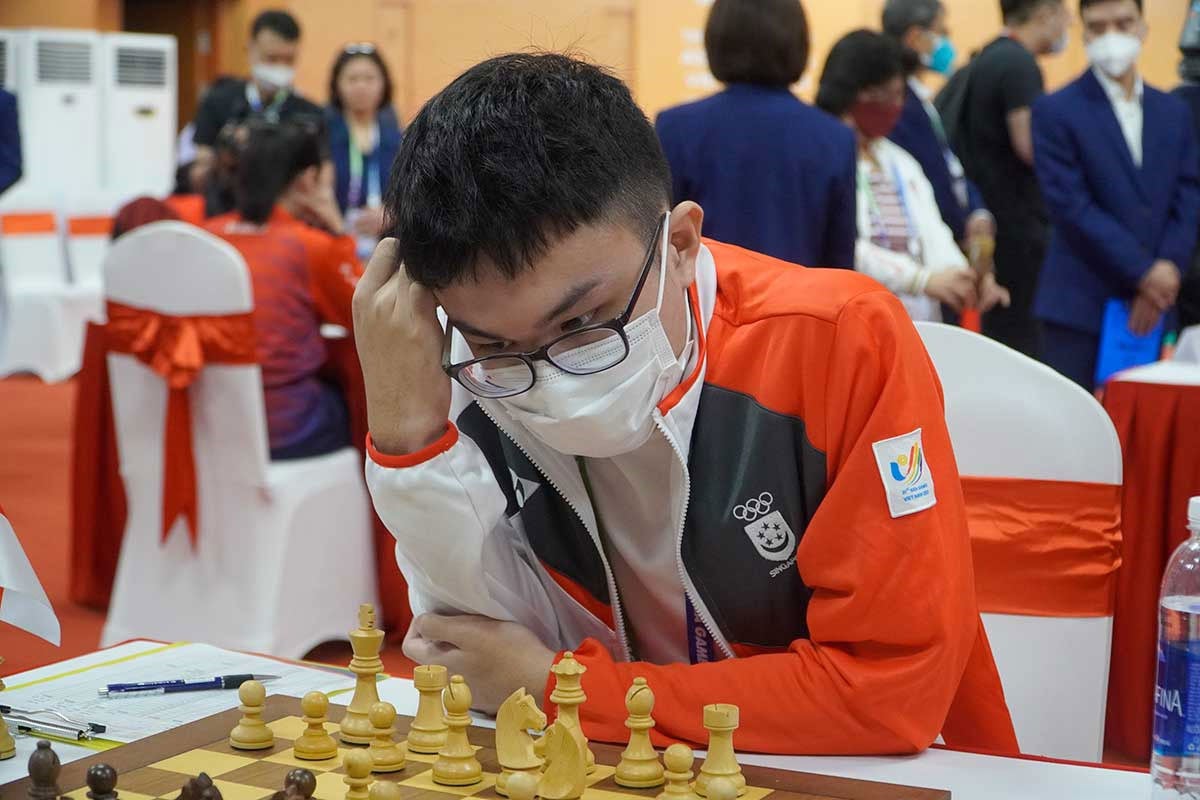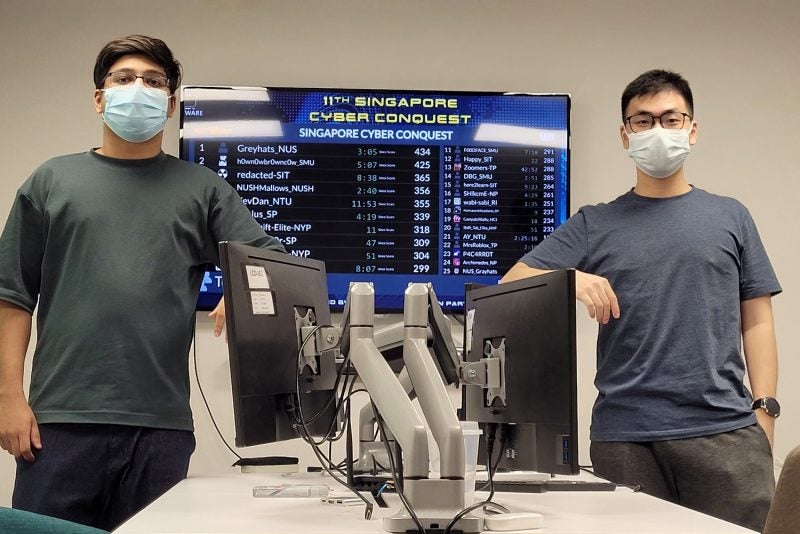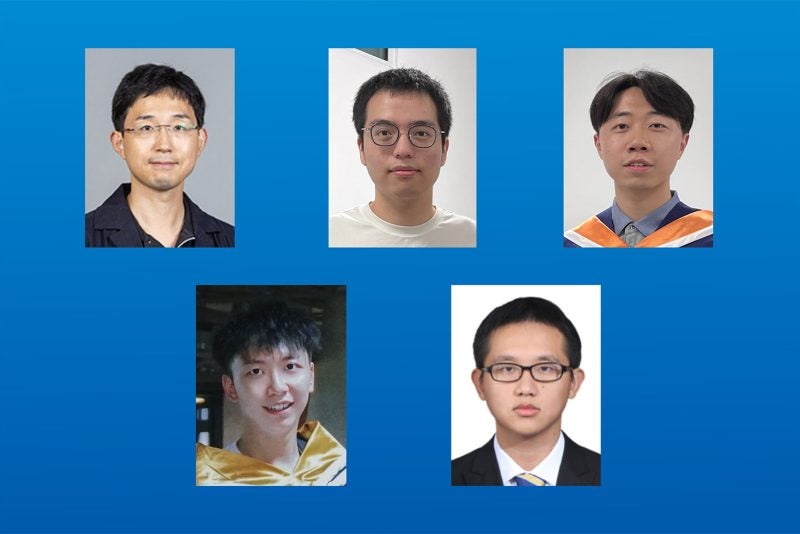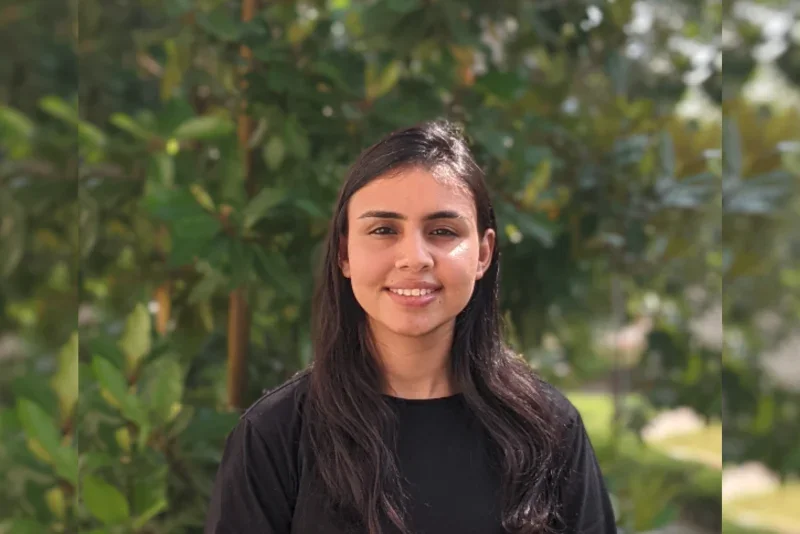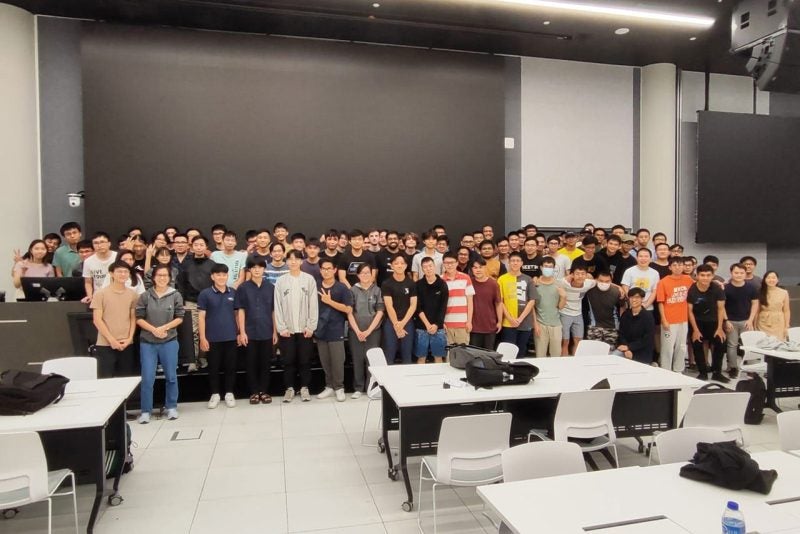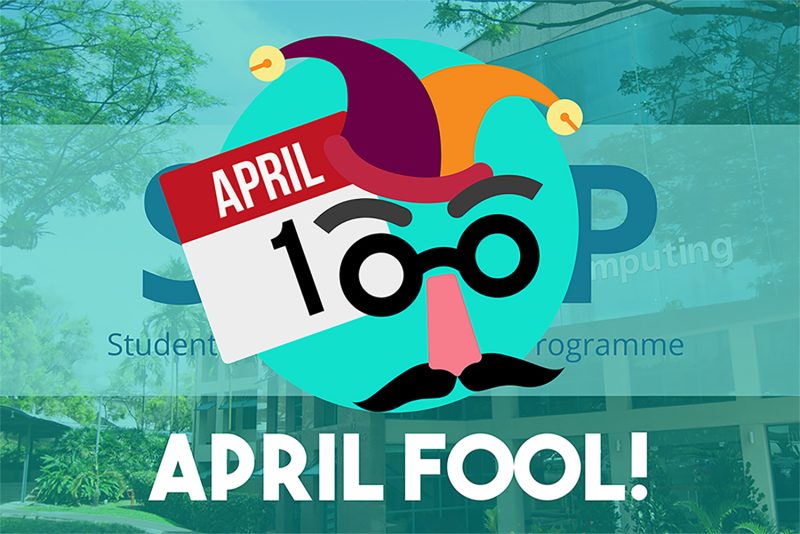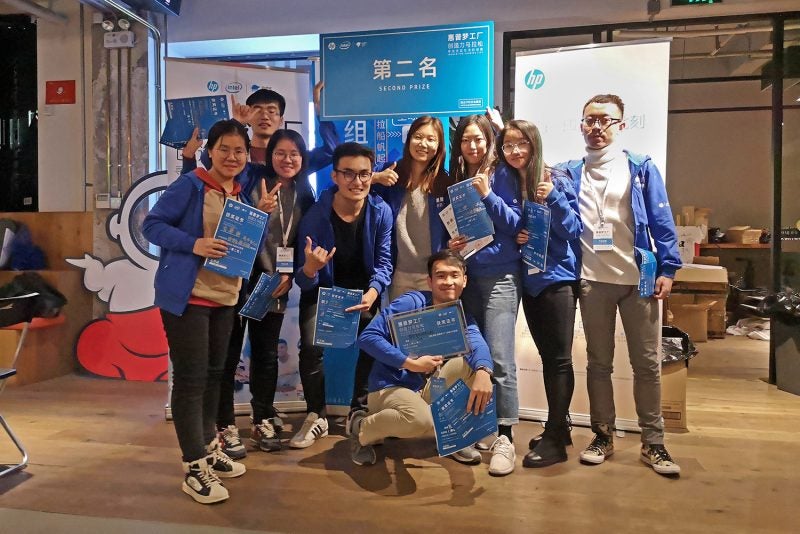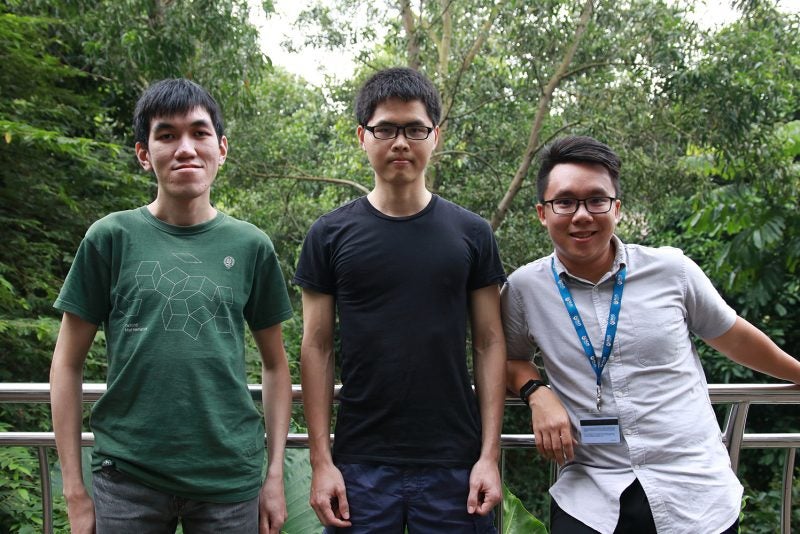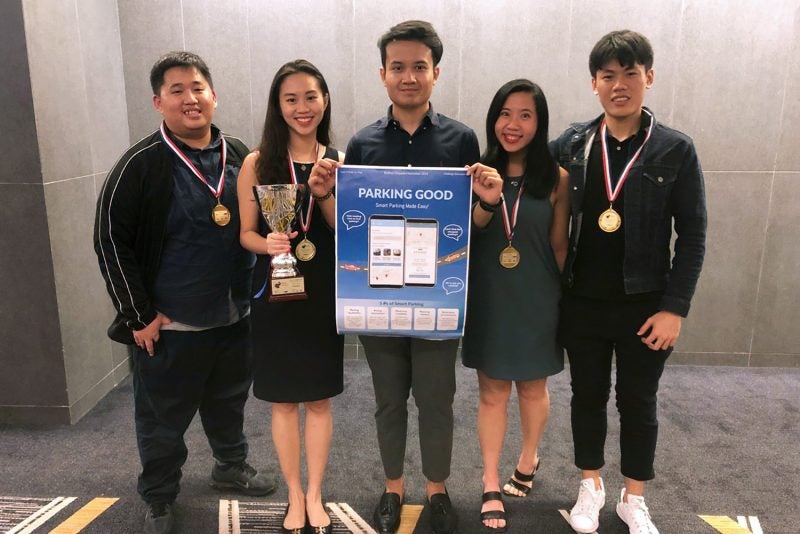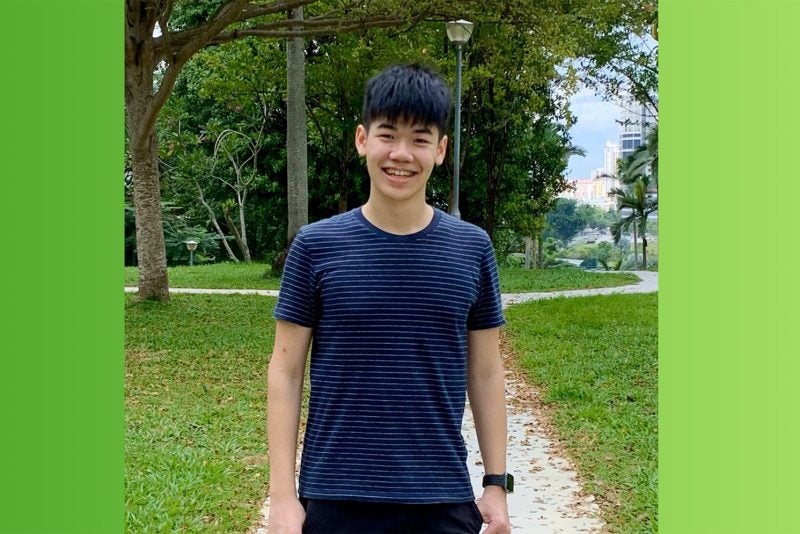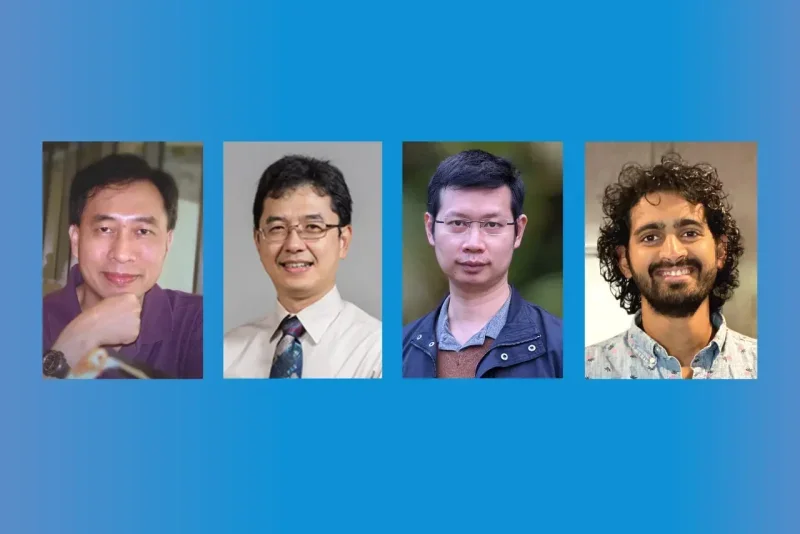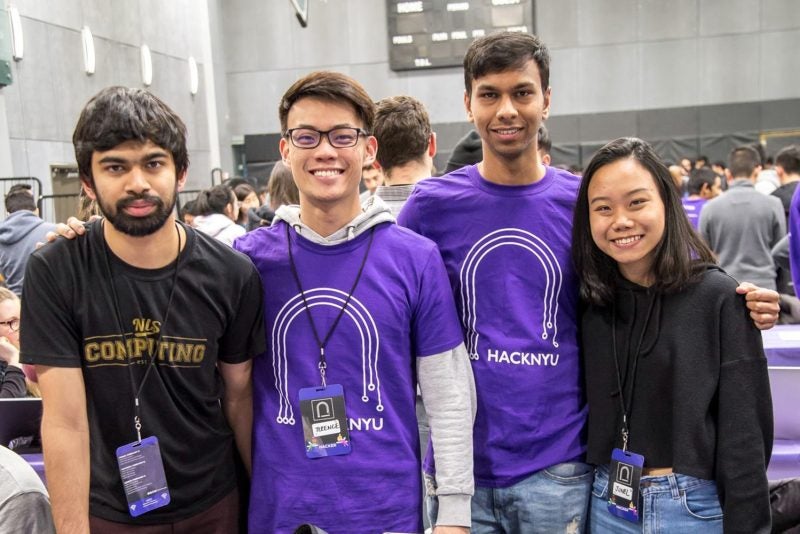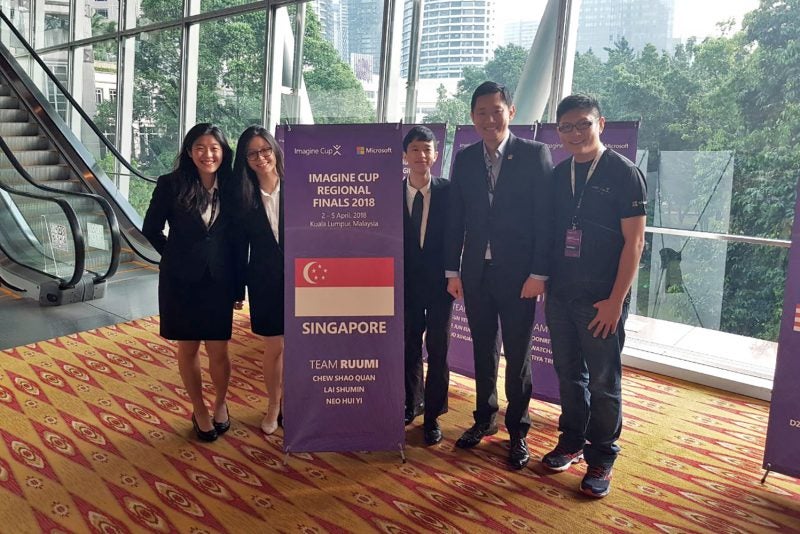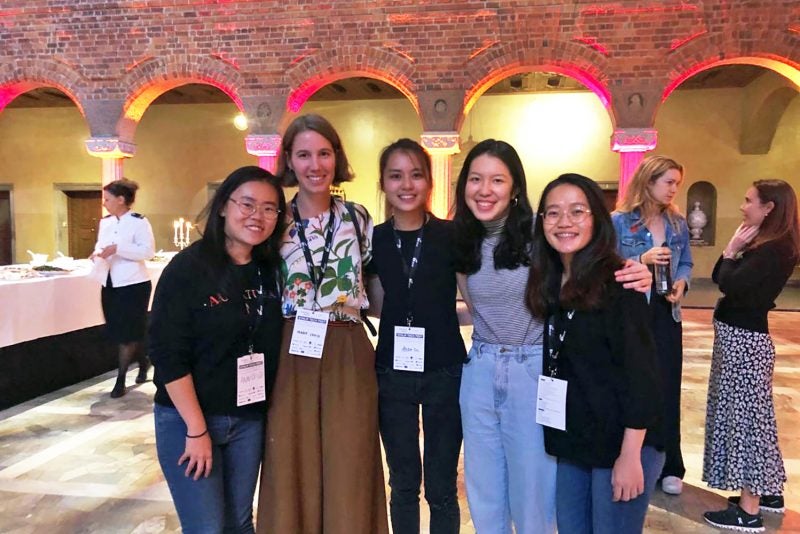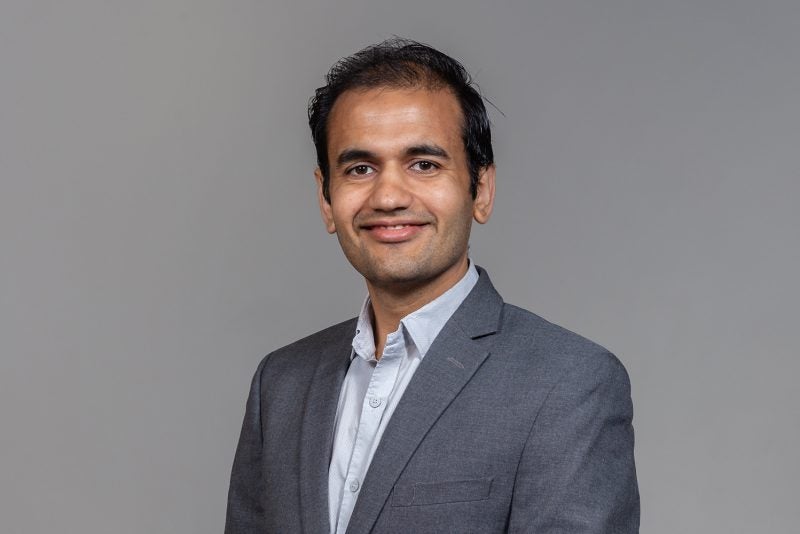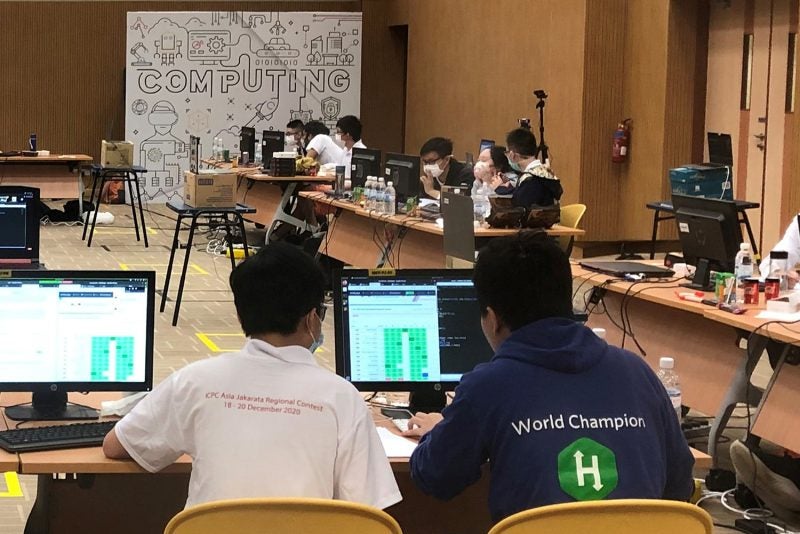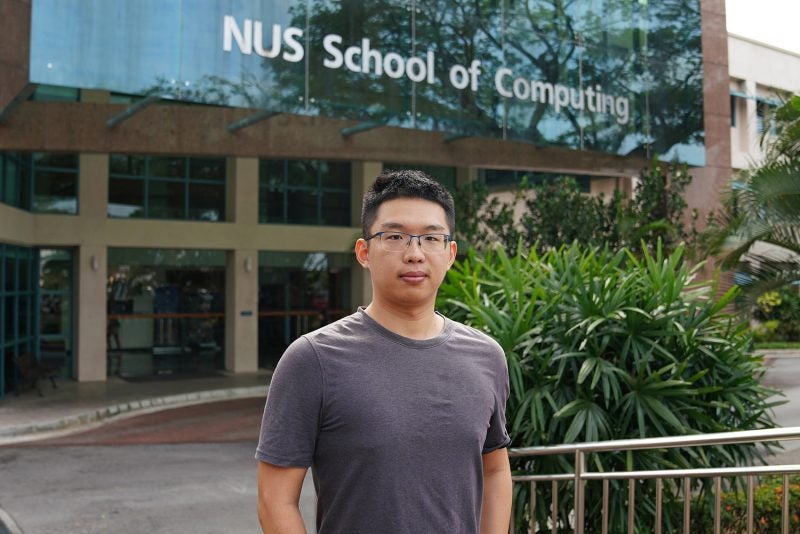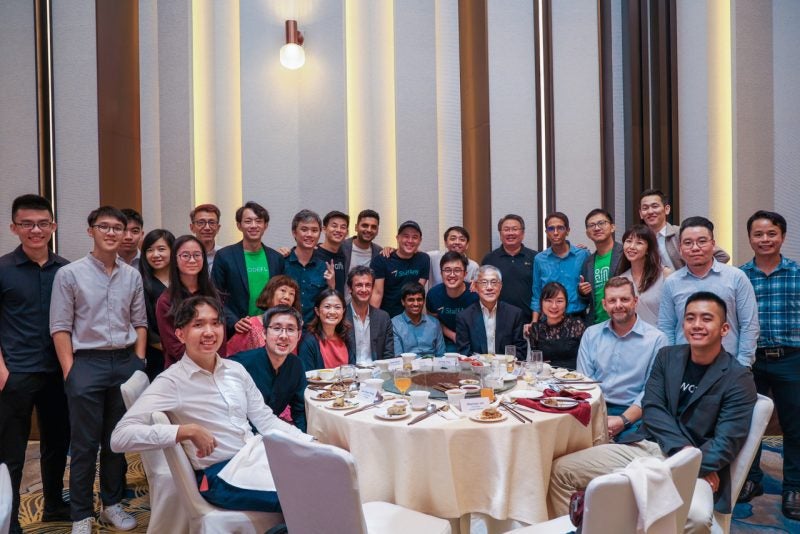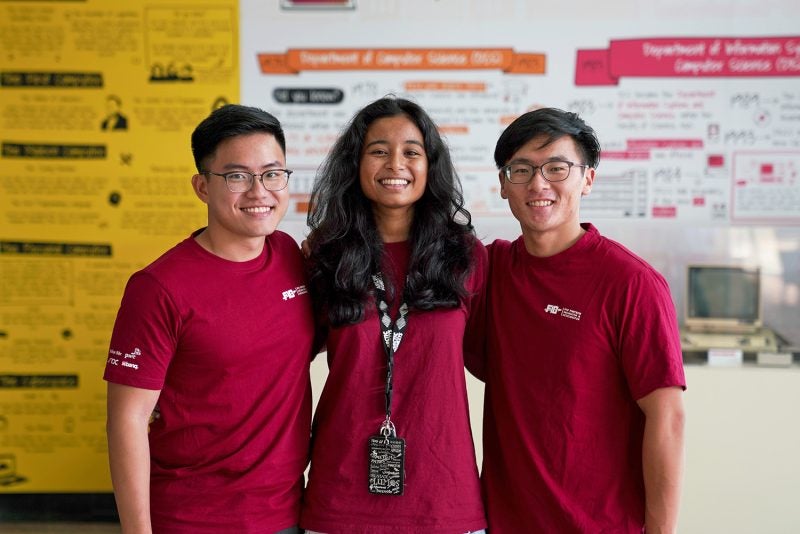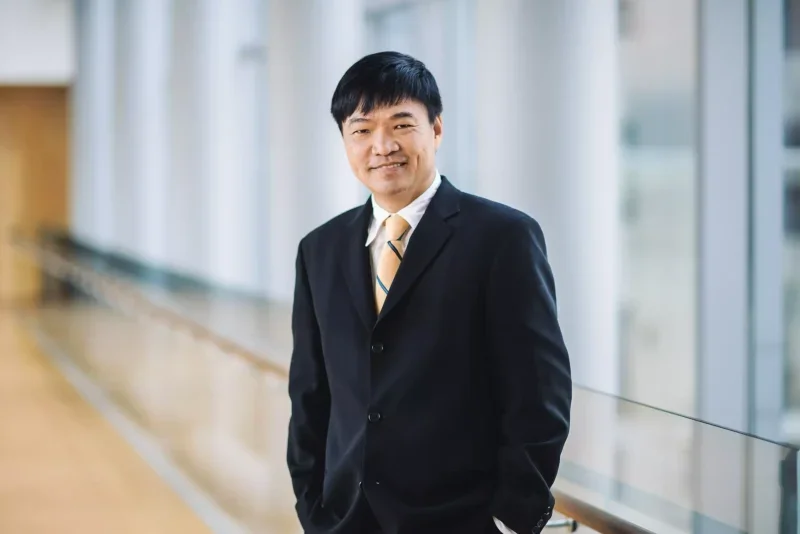04 October 2022 — It was indeed a serendipitous moment for 8-year-old Tin Jingyao when he stumbled upon a game of chess on his aunt’s computer out of boredom on a dreary afternoon in 2008. There was no turning back since. The plucky young enthusiast discovered his innate talent for the game and went on to hone his skills with great mastery, competing in his first chess tournament just a year later.
To date, Jingyao, who is currently in his second year at NUS Computing, has participated in almost 200 local and international competitions. “I am fortunate that my father has always been supportive of my chess journey,” said Jingyao. “I am also thankful to my coaches who have definitely played a huge role in my chess growth.” Jingyao has been trained by many coaches over the years, including International Master Luis Chiong, Grandmaster Iuldachev Saidali and Grandmaster Andrey Kvon, and their influence is visible in his playing style. GM Kvon, who trained Jingyao when he was 12 years old, continues to coach him today.
Jingyao shared that his genuine love for the game and growing with a supportive community of friends have sustained his interest in chess over the years. His most memorable tournaments include the prestigious 2021 FIDE World Cup, the 31st Hanoi SEA Games in 2021 and also the FIDE Chess Olympiads. FIDE is the French acronym for the International Chess Federation, an organisation based in Switzerland, which governs the sport of chess and regulates all international chess competitions. Some of Jingyao’s best results include his joint 1st placing at the 2021 Asian Continental Hybrid Chess Championships as well as his silver medal and two bronze medals won at the recent SEA Games. A five-time winner of the Singapore Chess Championship, he represented Singapore in the FIDE Chess Olympiad in 2014 and 2016.
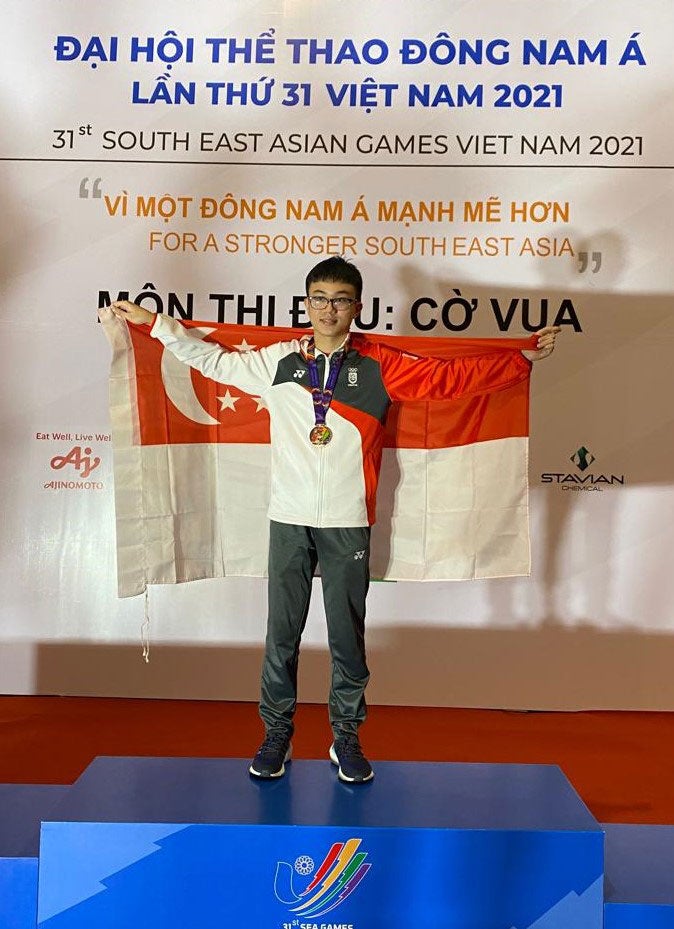
In August 2022, 22-year-old Jingyao was awarded the title of Grandmaster by FIDE and became the youngest player in Singapore to achieve the title.
Modest about his success, Jingyao said that most players don’t keep track of their wins and losses, but instead gauge their performances from their results throughout the event. “For me, it’s usually a learning process and I cope with poor performances by focusing on what’s next,” he added. “But I also do celebrate the good results.”
Jingyao recounted an incident at a chess competition in 2015 which taught him an important yet painful lesson. An experienced player then, he had made a single illegal move in one of the rounds, which cost him dearly, eliminating him from the competition. An illegal move is one that is not allowed by the rules of chess and will constitute a game loss. Jingyao revealed that the unexpected loss was certainly upsetting yet on hindsight, he was bemused that he had made such a silly mistake despite his years of playing chess competitively.
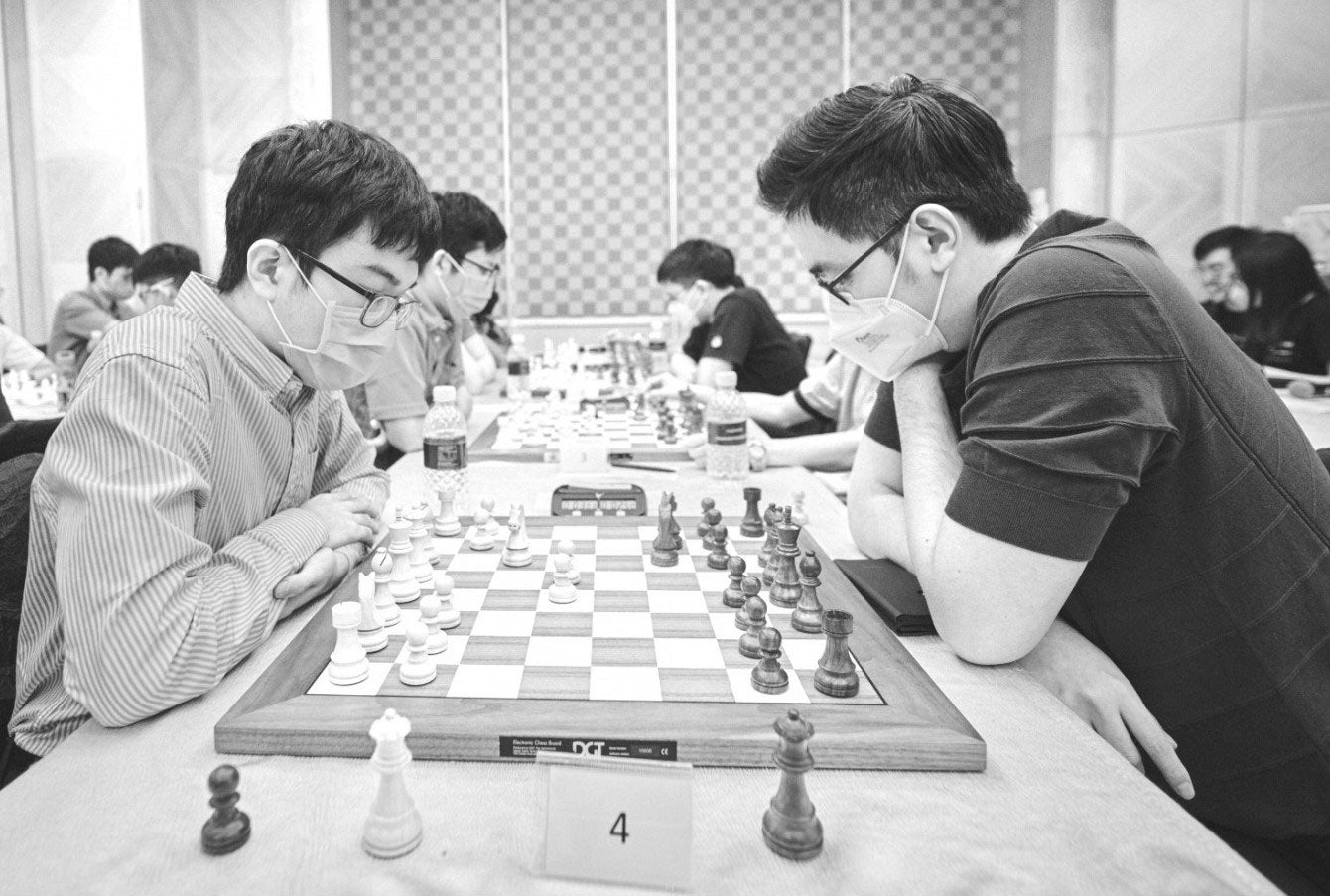
As Jingyao disclosed, training hours per sitting would generally increase with age and playing strength. Starting out from hourly sessions, his current trainings number about four hours per session. Hence, as a full-time computing student with a packed timetable of lectures, tutorials, assignments and projects, how does Jingyao juggle his studies and chess interest? “Allocating time for both studies and chess is always a challenge but it’s definitely possible to manage,” he shared. “I try not to worry about my studies while I’m competing so I would usually put in more effort in my schoolwork before and after competitions.”
Jingyao expressed that he would like to continue playing chess actively and achieve as high as possible his FIDE rating before embarking on his career after graduating in 2025. “When I do eventually retire from playing competitive chess, I hope to mentor others and contribute to the local chess scene.”
Does Jingyao consider himself a chess genius – similar to the character Elizabeth Harmon, a chess prodigy in the Netflix’s miniseries “The Queen’s Gambit”? As far as similarities are concerned, Jingyao said both he and the character chanced upon chess quite randomly and enjoy the challenge of playing against better opponents. “I don’t think I would label myself a prodigy,” he quipped good-humouredly. “But I must acknowledge that my considerable talent for the game and also passion and interest have brought me this far.”

